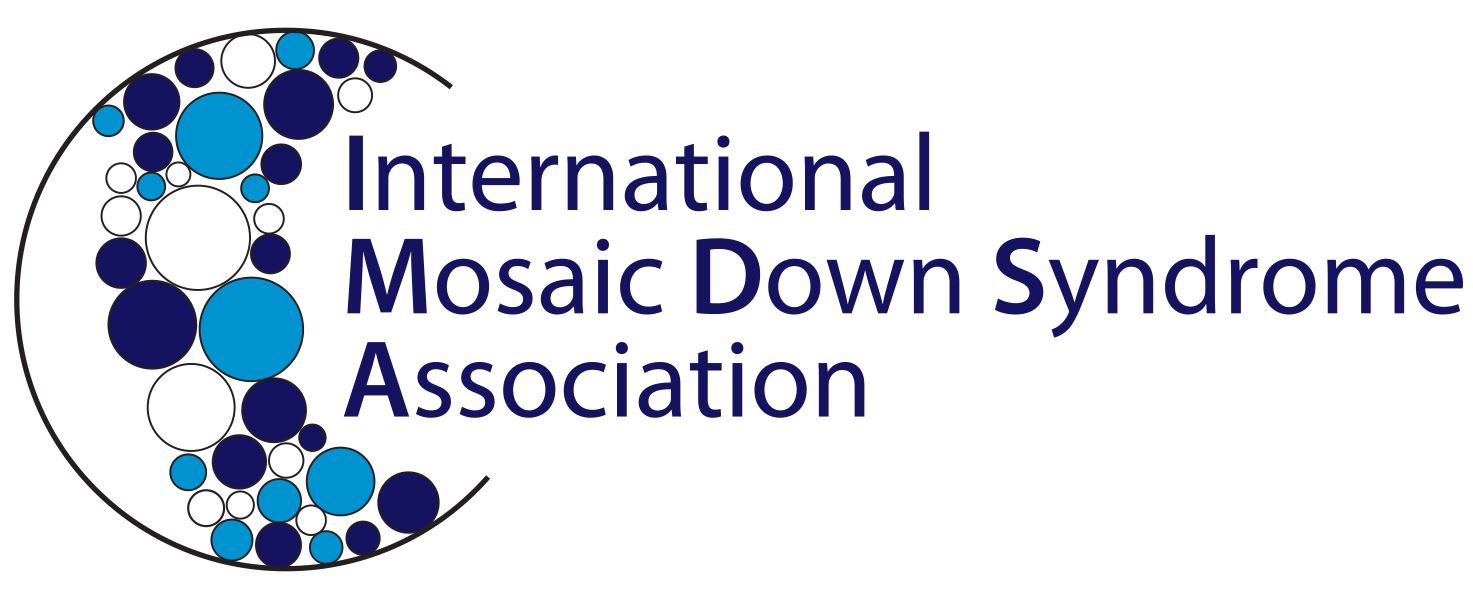The Benefits of Inclusive Education
In recent years, several studies have evaluated the outcomes of fully inclusive education in general education classrooms compared to education in special education classrooms for individuals with Down Syndrome. Most of this research has been conducted in Europe. The main findings show that children with Down syndrome develop better spoken language and make better academic progress, particularly with reading, when taught in fully inclusive classrooms with typically developing peers of the same age.
Research conducted in the U.S. confirms these findings and shows that time spent in general education improves outcomes for reading and math for students with a range of disabilities, including those with Down syndrome.
In 2021, the National Down Syndrome Society (NDSS) and the Down Syndrome Education Internationalis published Guidelines for Inclusive Education.
What contributes to the effective inclusion of children with Down syndrome in the general education classroom? It's interesting to note that the practices that have been shown to be most effective for students with Down syndrome are those that benefit all students.
1. The best place for the student to learn is in the general education classroom with their peers
2. They benefit most from individual and small group rather than whole-group instruction
3. When included with peers in the classroom for learning, asked questions and involved in discussions, they are more likely to be socially included by peers outside the classroom
4. Computer-supported learning is beneficial for all children, as it is interactive, non-threatening and self-paced, reduces spoken language demands, supports repetition and consolidates learning
5. There is no need to modify the usual behavior rules
6. Praise is the best motivator and behavior management strategy
7. They make most progress when the class teacher takes full responsibility for the child’s education and has time for planning with other support personnel working in the class
8. The teacher spends time teaching the child rather than leaving this to a paraprofessional
National Down Syndrome Society (NDSS) is the leading human rights organization for all individuals with Down syndrome. NDSS envisions a world in which all people with Down syndrome have the opportunity to enhance their quality of life, realize their life aspirations and become valued members of welcoming communities. Founded in 1979, NDSS supports and advocates for the Down syndrome community by focusing on three key areas of programming: Resources & Support, Policy & Advocacy and Community Engagement. NDSS engages in various activities and programs that provide support, informational resources and community engagement opportunities for individuals with Down syndrome and those who support them.
Down Syndrome Education Internationalis a leading international research and support organization dedicated to raising levels of educational achievement among children with Down syndrome. Over the past 40 years, the charity has supported research into the children’s specific learning needs and more effective teaching approaches and worked to disseminate evidence-based guidance and practical advice to families and professionals worldwide. By advancing evidence-based practice, Down Syndrome Education International leverages substantial public and nonprofit sector investments in early intervention and education services. Each year, the charity helps over 120,000 families, teachers, therapists, schools, nonprofit and government service providers in more than 170 countries to provide more effective support to young people with Down syndrome
